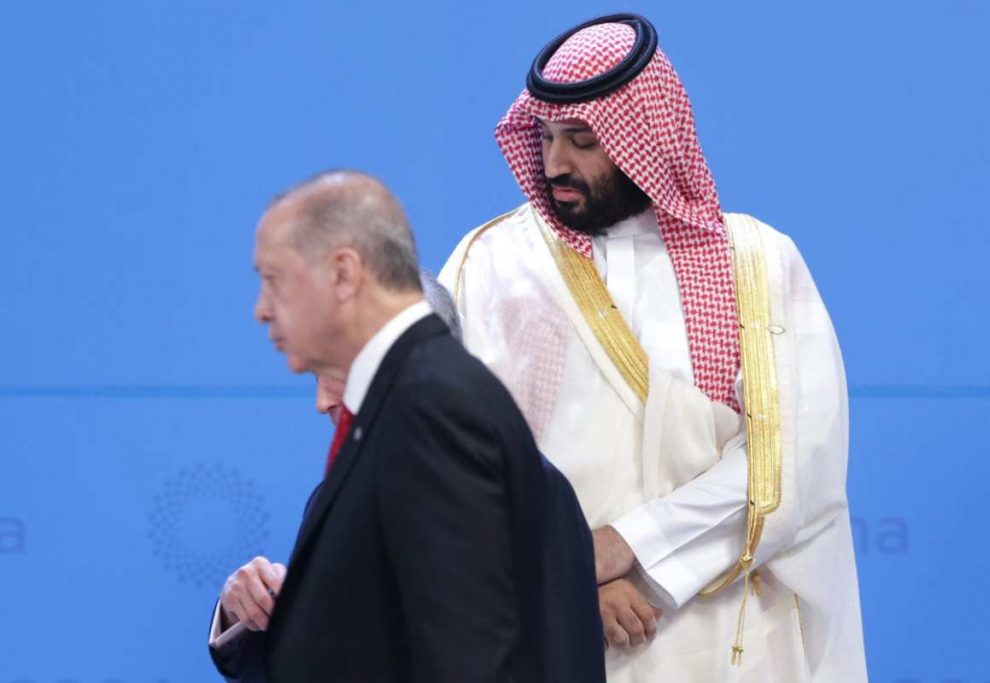By Sami Hamdi
Erdogan remained (for the most part) committed to Syria’s opposition and helped preserve their enclave over the years against Assad/Russia/UAE. He chose a position and (for the most part) stuck to it, and this was integral to the fall of Assad.
Bin Salman, however, is not only opposed to Houthis in Yemen, but also most of the opposition he is officially allied with (many of whom he has placed under de facto house arrest in Riyadh and even directly intervened against and bombed [e.g. Aden 2019]).
His indecision has paralysed the opposition, preventing them from advancing against the Houthis and from even forming a coherent governance structure in areas outside Houthi control, affording Houthis space to entrench themselves.
Bin Salman is against the Houthis (backed by Iran), but also against any form of [Sunni] ‘Islamism’ (which he has committed to crushing across the region). He cannot decide which is worse for him; a Houthi coup (in alliance with the party of toppled dictator Ali Abdullah Saleh) that has subjugated Yemenis, or a free Yemen with unyielding popular (and natural) Muslim sympathies that will likely favour some form of ‘Islamism’?
UAE proposes separatism. But Bin Salman is neither comfortable with Iran-backed Houthis that would control the North nor UAE-backed Separatists who would control the South.
Having a neighbour like Bin Salman with no vision in Yemen (unlike Erdogan’s natural inclination towards ‘Islamism’ in Syria) has been a boon for the Houthis, and this reassures Houthis that they can avoid a fate like Assad where people topple a regime imposed on them.






